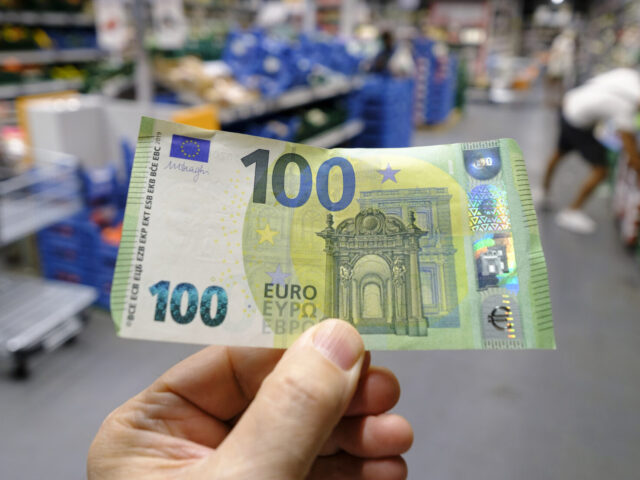The ongoing gas crisis has resulted in the German economy losing over $100 billion, a report from a major economics institute has claimed.
A paper published by the Ifo Institute for Economic Research, one of Germany’s largest financial think tanks, has claimed that the country has ultimately lost over $100 billion as a result of the ongoing energy crisis.
Coming about as a result of Germany becoming overreliant on Russian gas while pushing its green agenda, many within the general public are now experiencing serious financial hardship, even cutting down on Christmas celebrations just to scrape by.
According to the research published by the Ifo Institute on Tuesday, this year’s losses as a result of the gas crisis will amount to just under 2 per cent of the total economic output of Germany, or around €64 billion (~$64 billion).
Such a loss is expected to be combined with losses of €35 billion (~$35 billion) incurred last year, as well as another €9 billion (~$9 billion) expected to be lost next year, as a result of surging gas prices as a result of tensions with Russia.
“Together, this gives us a real income loss over those three years of almost €110 billion (~$110 billion), or 3.0 per cent of annual economic output,” Timo Wollmershäuser, who serves as the think-tanks forecast head, remarked.
“The only time this figure was higher was during the second oil crisis of 1979–81, when the loss in economic output was 4 per cent,” he continued. “[L]osing Russia as a supplier means that energy prices will likely remain high for the long term.”
Wollmershäuser also noted that, while the German government has implemented a wide variety of economic grants and measures aimed at reducing the sting of increased prices, due to the fact that the costs originate from outside the German state, there will be little they can do in terms of domestic economic policy to rescue the situation.
“Government support measures cannot alter the level of real income losses,” the economist explained. “All they can really do is influence what portion of the losses is borne by what population groups.”
To make matters worse, Wollmershäuser warns that there is a danger of the country taking measures that, in the end, only prolong the pain caused by the crisis, and even pass the costs on to future generations.
However, judging by survey results published by Bild on Monday, it appears that many young people in Germany are already feeling the effects of the current crisis.
According to the data published by the tabloid, a little under one in three people in the country have no spare funds to give their loved ones presents this Christmas.
This figure rises to just under half when only individuals with a monthly income of less than €2,000 (~$2,000) are polled.
Meanwhile, the price of a traditional Christmas goose — largely equivalent to the Thanksgiving turkey in terms of cultural importance — has risen by 35 per cent over last year, an increase that may see the bird become unaffordable for many struggling to keep their homes heated and their lights on.

COMMENTS
Please let us know if you're having issues with commenting.